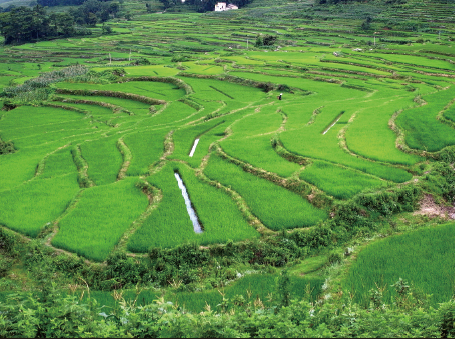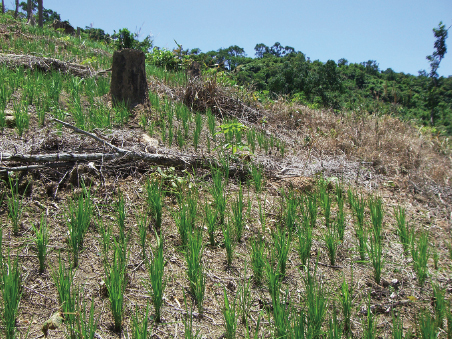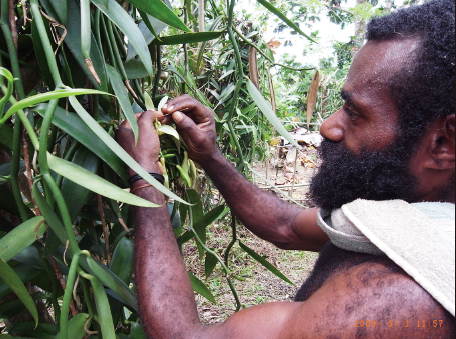Project Leader:UMEZAKI, Masahiro (Graduate School of Medicine, The University of Tokyo)
Collaborators: OKUBO, Satoru (Graduate School of Agriculture and Life Sciences, The University of Tokyo)
TOMITA, Shinsuke(Graduate School of Agriculture and Life Sciences, The University of Tokyo)
KONO, Yasuyuki (Center for Southeast Asian Studies, Kyoto University)
NAKAYA, Tomoki (College of Letters,Ritsumeikan University)
NISHITANI, Masaru (Archaeology Division, National Museum of Japanese History)
FURUSAWA, Takuro (Network for Education and Research on Asia, The University of Tokyo)
HOSHIKAWA, Keisuke (Center for Integrated Area Studies, Kyoto University)
KOZAN, Osamu (Center for Southeast Asian Studies, Kyoto University)
Term:2009-2010
Outline of Research:
This study examines the interrelationships between human and equatorial high-biomass environment, by analyzing biological resource generated commodity chains at local/regional/global levels. Project members with different academic backgrounds accumulate case studies on the flows of high-biomass products such as timber, mammal meat, bird’s nest, rattan, gutta-percha, rubber, oil palm, and acacia, each of which would make clear the way of equatorial resource utilization and its commoditization. Integrating those case studies, we aim to create a new methodology of multi-scale area studies of human-nature interactions.
Description:
Newly-developed remote sensing techniques (i.e., object-based classification on the basis of GRAPH theory, texture analyses, and simple ways to remove terrain effects on satellite images) will be investigated for usefulness in field studies in Southeast Asia. In occasional workshops, project members will compile longitudinal land use data to clarify the structures of causes that have triggered land use change in the region. We also plan to organize fieldwork for a better exchange of ideas and problems.



